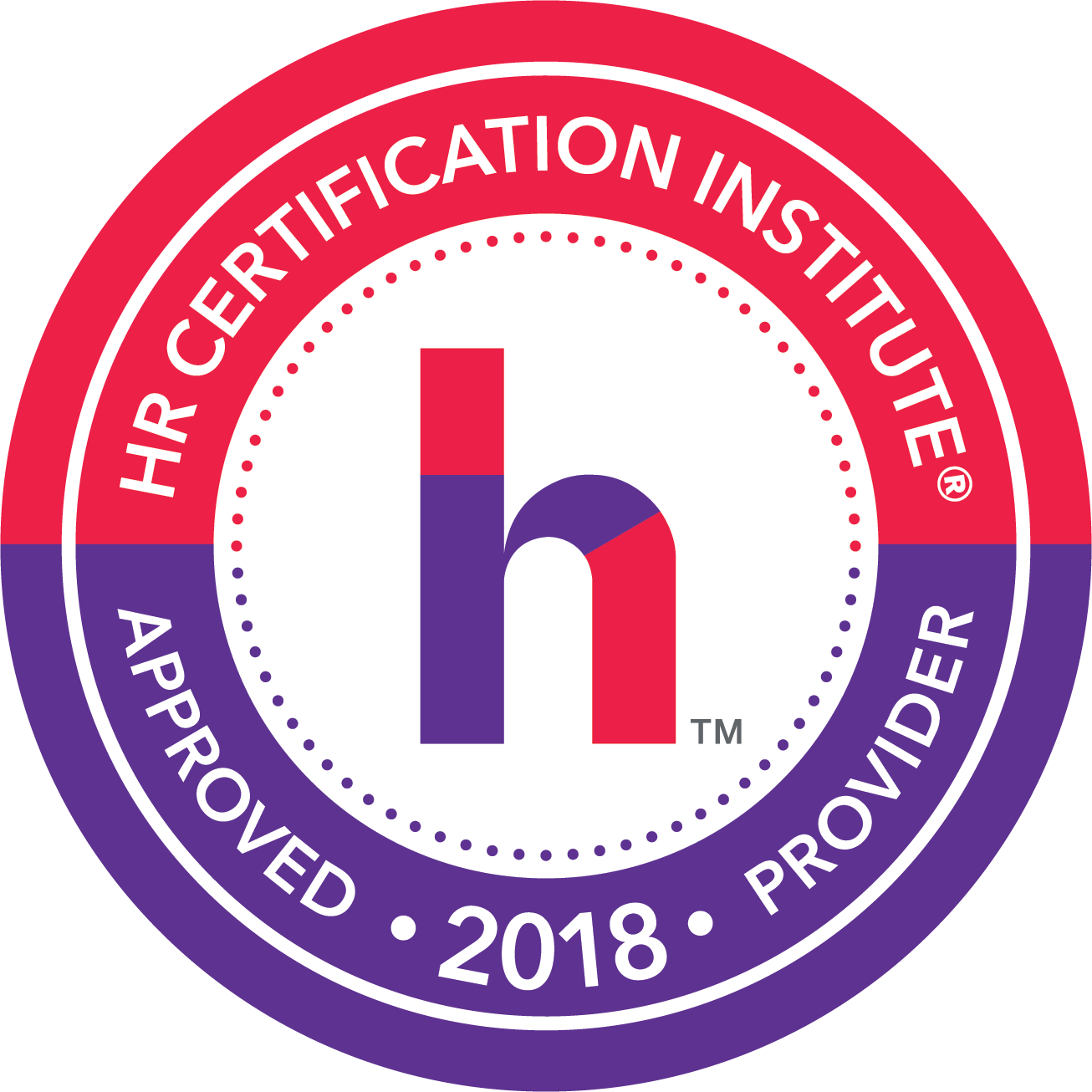Toolkit for Conducting Exit Interviews
Bob Verchota is the owner and senior consultant for RPVerchota& Associates, a consulting firm providing services to clients who seek to align their business and employees, creating successful outcomes and excellent work environments. After 30+ years in Human Resources senior leadership roles and teaching both undergraduate and graduate courses in Leadership and Organizational Development, Bob transitioned to using his experience and skills in consulting.
Mr. Verchota provides solutions to companies for a wide variety of HR issues including training and development, compensation, compliance, policy development, performance management, employee relations and managing change from mergers and acquisitions to project-specific disruptions of the status quo.
Bob has an undergraduate degree in Business Administration, graduate degree in Healthcare Administration, and doctoral work (ABD) in Organizational Development. He is a lifetime Senior Professional in Human Resources.

This webinar has been approved for 1 HR (General) recertification credit hours toward aPHR™, PHR®, PHRca®, SPHR®, GPHR®, PHRi™ and SPHRi™ recertification through HR Certification Institute® (HRCI®). Please make note of the activity ID number on your recertification application form. For more information about certification or recertification, please visit the HR Certification Institute website at www.hrci.org
For any further assistance please contact us at support@grceducators.com

An employee hands in his resignation and walks out the door and with them walks out valuable skills, knowledge, and capabilities. You are sorry to see them leave and you don’t want to lose anymore. Also walking out is the key to how to keep good employees and how to make your business better than ever. The key is Exit Interviews.
Exit Interviews can provide critical information that only leaving employees can provide. This is information that can reduce turnover and increase retention. With this information, it is possible to increase employee satisfaction, improve business systems, increase engagement and commitment, and maximize quality. Simply put, information is power, and Exit Interviews can provide strategic knowledge that you can‘t live without.
This webinar will give you all the tools you need to start your Exit Interview program or improve the one you have. It isn’t rocket science but there are best practices and considerations for doing them well. Our intent is to get you up to speed as quickly and effectively as possible.
Areas Covered
- Learn the 7 steps for implementing a program
- Understand the value of developing a listening culture
- Receive 13 reasons for implementing webinars
- Understand the difference between the employee’s perspective and the employer’s perspective
- Receive the pros and cons of face-to-face, phone, questionnaire, and consultant interviews
- Learn who should conduct interviews and when they should be held
- Learn the value of 2nd interviews
- Receive suggestions for making the employee comfortable and getting honest answers
- State the ins and outs of questionnaire administration
- Answer how to handle involuntary terminations
- Learn when offering confidentiality can be a problem
- 15+ considerations in conducting the actual interview
- Keys to effective listening
- Importance of documentation for legal protection
- Learn considerations for analyzing and reporting information
- Learn the importance of taking action and getting the most out of the interviews
Tools will be provided to attendees including:
- A copy of the PowerPoint slide deck
- 179 sample interview questions in 11 different areas
- A sample Exit Interview Policy for you to personalize
- A sample Exit Questionnaire
Live question and answer period
Who Should Attend
- HR directors
- Business owners and senior leaders
- HR generalists and interviewers
- Directors, managers, and supervisors
- Anyone wanting to develop a listening culture
Why Should You Attend
Exit Interviews are sometimes viewed as a big waste of time. No one really tells the truth, everyone wants to be seen as wonderful, after all, future references may depend on what you say when you leave. Or the departing unloads on everyone and everything. The leadership, supervisor, co-workers the processes and procedures, benefits provided, no one and nothing gets left off the complaint list. And since no one looks at the Exit Interview data, why do we collect it, nothing changes!
So what should we do? Do you see the information you can collect as a valuable resource you cannot operate your business without? We will make the case for Why and How to get this going in the right direction to help you meet organizational performance goals and is particularly helpful in these tight labor times when sometimes subtle differences in organizations make hiring the right people so important.
-
$200.00
-


